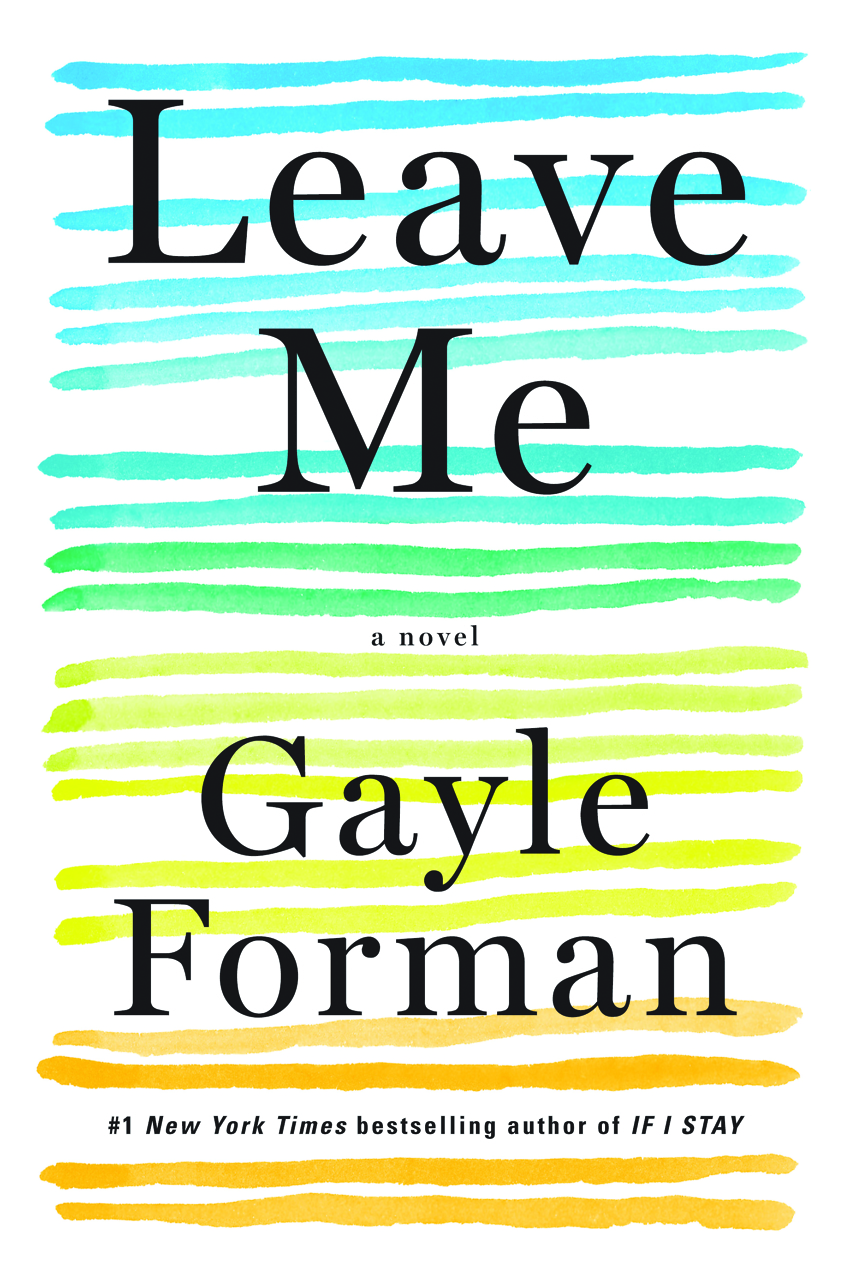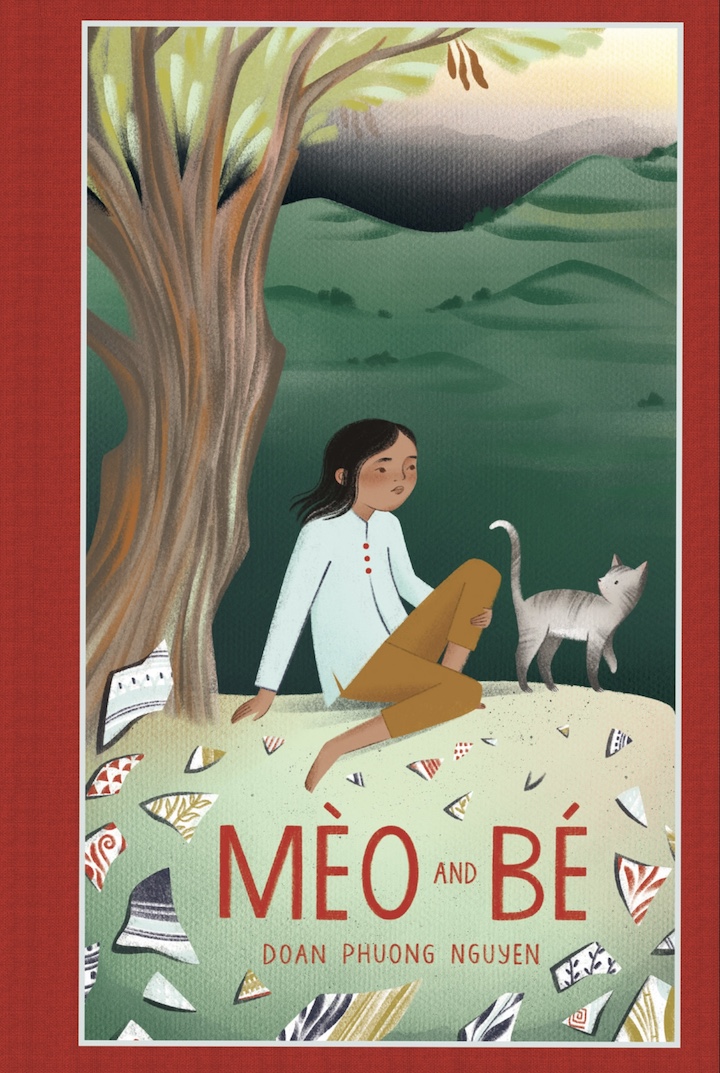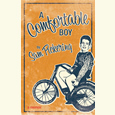Fields of Dreams
Patriarchal mores and the ghosts of genocide haunt a Cambodian farming family
In the first chapter of Alan Lightman’s new novel, Three Flames, Ryna, a middle-aged Cambodian woman, is shopping for dinner in the village market when she spies the former Khmer Rouge cadre who, she believes, executed her father. She follows him, fantasizing about revenge, but she’s ambivalent about doing the deed: “What Ryna wanted was for the old man to revert to his younger self, the swaggering killer she remembered, and stop pretending to be someone else. Then, she would know what to do.”

Later, when Ryna’s father, dressed as a Buddhist monk, appears in her dream, she asks for his advice. “Bad times,” whispers the dream-father. But it’s not clear whether he’s describing the horrors of the Khmer Rouge regime (which, in the 1970s, turned Cambodia into a vast forced labor camp and killed nearly 2 million people by starvation, torture, and execution) or issuing his daughter a warning. As Ryna notes, “Ghosts sometimes mixed future and past.”
So does the narrative structure of Lightman’s novel, a slim volume of just over 200 pages, organized into six self-contained chapters that follow the perspectives of each family member: Ryna, her husband Pich, and their four children. The stories span more than four decades and occasionally weave together varying views of the same events, critical moments in each character’s life that may determine whether the future or the past will hold greater sway: A daughter is betrothed against her wishes to a faithless man; another’s labor is traded for the father’s debt; a son yearns for life beyond the village; and Pich is haunted by a childhood shame.
Ghosts populate these stories, sometimes literally, like the spirits who return to Earth during Pchum Ben, a Buddhist festival in which Cambodians pay homage to their late ancestors. But the most treacherous specter is the past itself, including the war and genocide that impoverished generations of Cambodians and left a legacy of paralyzing grief and mental illness, as well as the longstanding patriarchal mores that too often devalue female lives and girls’ education.
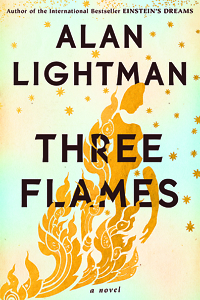 The latter looms large in these chapters. Again and again, Pich invokes tradition to justify the selfish (and even cruel) decisions he imposes on his family, and each character must decide whether to surrender to his tyranny or oppose him — and thus defy the conventions of their world, which would mean committing a kind of cultural heresy. Ryna struggles to maintain a middle ground, placating her volatile husband while fighting for her children’s future. Ultimately, she pins her hopes on their ambitious youngest daughter Sreypov, a budding poet and stargazer, who seems the most likely of all to break free of history’s pull. “The world is big,” she tells her father, who cannot fathom her intellectual appetites. “I want to see it.”
The latter looms large in these chapters. Again and again, Pich invokes tradition to justify the selfish (and even cruel) decisions he imposes on his family, and each character must decide whether to surrender to his tyranny or oppose him — and thus defy the conventions of their world, which would mean committing a kind of cultural heresy. Ryna struggles to maintain a middle ground, placating her volatile husband while fighting for her children’s future. Ultimately, she pins her hopes on their ambitious youngest daughter Sreypov, a budding poet and stargazer, who seems the most likely of all to break free of history’s pull. “The world is big,” she tells her father, who cannot fathom her intellectual appetites. “I want to see it.”
A prolific novelist and essayist, as well as a prominent physicist, Lightman — a Memphis native — has more than a passing interest in the aspirations of a generation of Sreypovs. In 2003, he founded the Harpswell Foundation, a nonprofit organization that helps foster future female leaders in Cambodia and other parts of Southeast Asia. His extensive travels in Cambodia and his reverence for the place shine through in this novel’s details — of planting the monsoon-season rice and later transplanting the tender shoots; of the strict hierarchies of age and status, as reflected by a complex system of honorifics; and of the tangible ways fate and difficult choices can pile up and doom another generation to poverty. That kind of reverence is essential when an author dares to conjure the dreams and terrors of characters from a world so different from his own, in a language that is not theirs.
The author has approached that daunting task, it seems, with the awestruck curiosity of a stargazing poet, blending diligent study with a scientist-philosopher’s grasp of the vastness of what cannot be known. It’s the novelist’s job, after all, to imagine the unknowable universe of the human heart. In Three Flames, using prose as simple as in a fable, Lightman has ably channeled his characters’ private worlds, transcending the unfamiliarity of distant tongues and customs, and found the universal language of private shames and fondest desires, thwarted dreams and familial love.
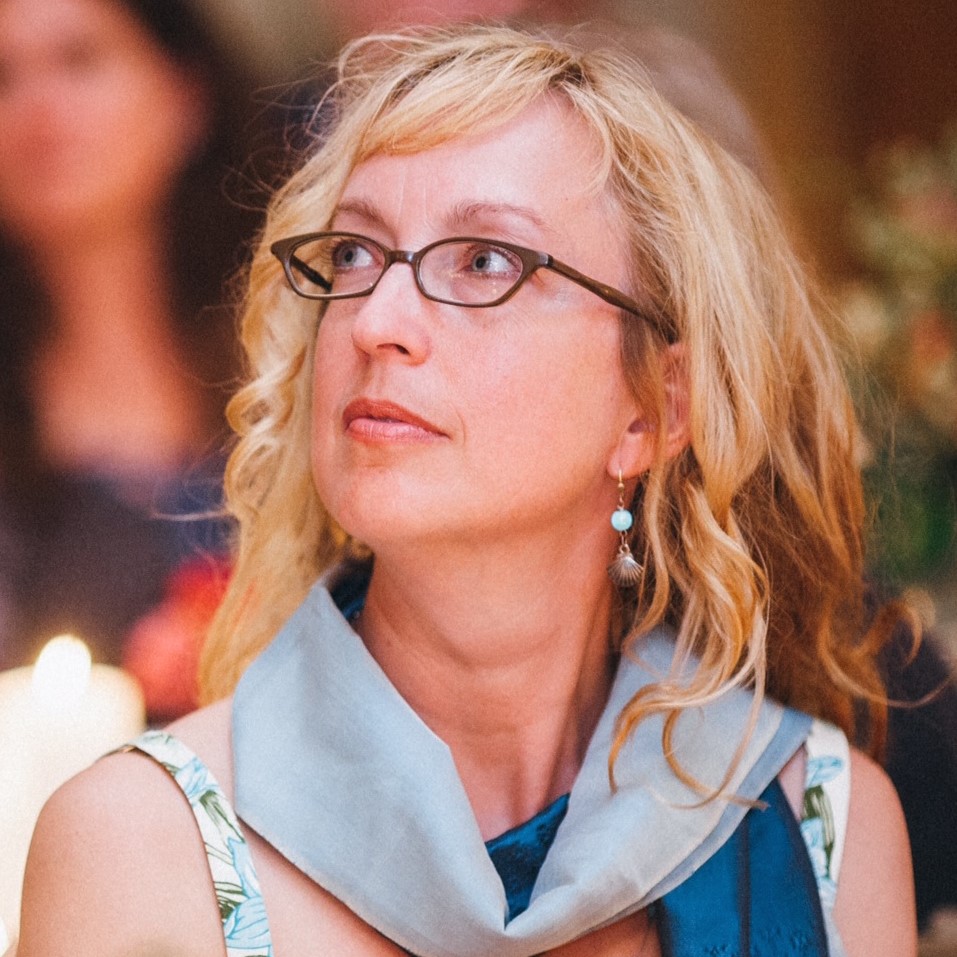
Kim Green is a Nashville writer and public-radio producer, a licensed pilot and flight instructor, and the editor of PursuitMag, a magazine for private investigators.
